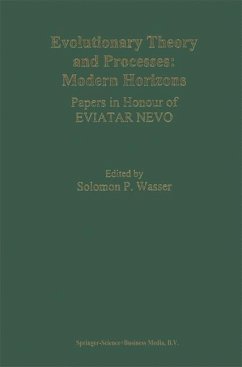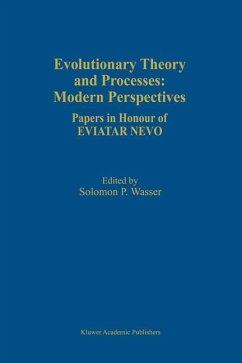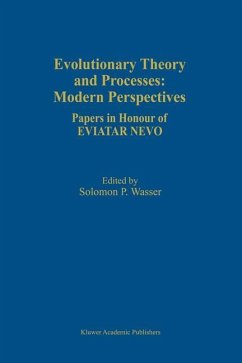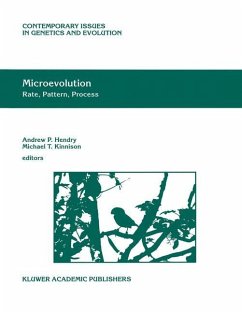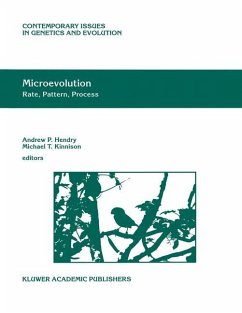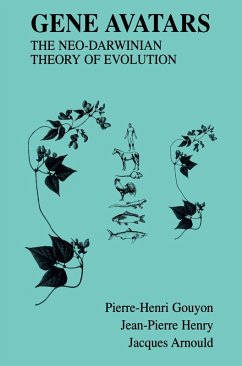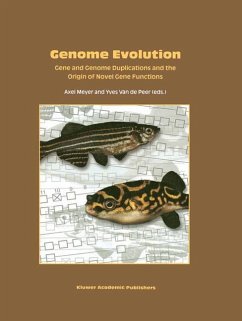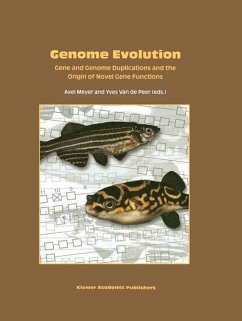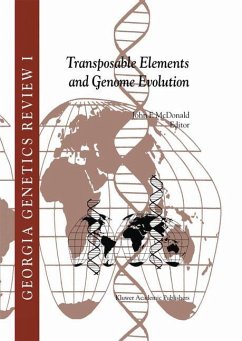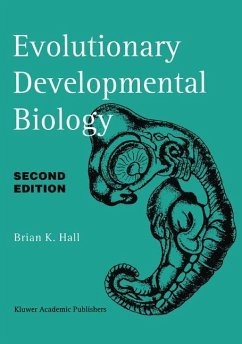
Evolutionary Theory and Processes: Modern Horizons
Papers in Honour of Eviatar Nevo
Herausgegeben: Wasser, Solomon P.
Versandkostenfrei!
Versandfertig in 6-10 Tagen
39,99 €
inkl. MwSt.

PAYBACK Punkte
20 °P sammeln!
This volume presents provocative research in four broad areas: Evolution of Life and Evolutionary Theory, including papers on the origin of life, stress and evolution; Genome Evolution, including papers on adaptive genome regulation, and comparative mammalian genomes; Phylogeography and Phylogeny, including papers on mushroom phylogeny, macroevolution, and the origin of higher taxa; Human Evolution and Ecology, including papers on man's place in nature, and the origin of human hairlessness.
Evolution is the most profound of human ideas integrating all natural phenomena: cosmic, biological, and cultural into a continuous universal change. This volume deals with evolutionary observations, experiments, and theories contributing to a deeper understanding of the evolutionary process, th honoring the 75 birthday of Eviatar (Eibi) Nevo. I first met Eibi in 1966 when he was a Fellow in the Museum of Comparative Zoology at Harvard University and working mostly on cricket frog vocalization and speciation in the United States. His unique discovery of pipid fossil frogs in the Israeli Early Cretaceous, central Negev, is possibly the largest world collection of ancient fossil frogs. Our acquaintance developed into mutual friendship and admiration. Since then our long-lasting friendship has included a visit to Israel, enabling me to follow Eibi's major scientific achievements, in particular, his founding of the Institute of Evolution in the University of Haifa and now the pendingestablishment of the International Graduate School of Evolution. The research program of Eibi Nevo, in collaboration with numerous colleagues and students in Israel and across the world, encompasses diverse perspectives of evolutionary biology and biodiversity of genes, populations, species, and ecosystems integrating modem and classical evolutionary approaches, molecular and organismal. They deal with model organisms in all forms from bacteria through plants, fungi, animals, and humans conducted over local, regional, and global scales.



